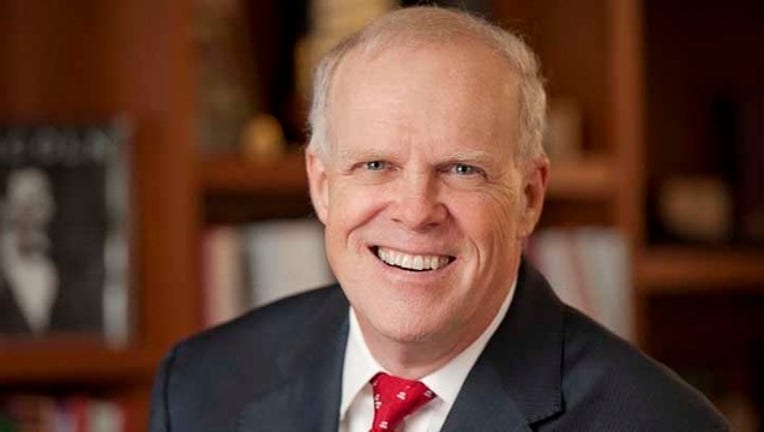Stanford University president to step down after 15 years

SAN FRANCISCO (AP) -- The president of Stanford University is stepping down after 15 years on a high note, with one university official calling his run as president one of the greatest in Stanford's history and the annals of American higher education.
John L. Hennessy, 62, is a computer scientist who came to Stanford nearly 40 years ago as an assistant professor, then served as the engineering school dean and campus provost before taking the helm of the university in October 2000.
A search for a successor will begin in the fall. He will leave the post in the summer of 2016.
"The time has come to return to what brought me to Stanford -- teaching and research. Maintaining and improving this university is the work of many people, and I am deeply appreciative of the dedication of so many colleagues to Stanford and its students," Hennessy told the Faculty Senate on Thursday.
Hennessy was not specific about his future plans. But university spokeswoman Lisa Lapin said Friday that his return to research and teaching is fully expected to be at Stanford.
Backers credited Hennessy for building support among alumni and others by a completing a $6.2 billion fundraising campaign, the most successful in the history of American higher education. Under Hennessy's leadership, the university's endowment grew to $21 billion last year.
Phil Pizzo, a professor of microbiology and immunology and the former dean in the School of Medicine, called Hennessy a champion for the importance of higher education for students from all walks of life. It was Hennessy who made it possible for families with incomes up to $125,000 a year to not pay any tuition for undergraduate students.
"His leadership reflects unbounded knowledge that ranges across virtually every discipline, from the arts to the sciences, from medicine to the law, enabling him to connect with the full breadth of the university," Pizzo said.
Board of Trustees chairman Steven A. Denning had his own words of support. "It has been a remarkable run, one of the greatest not only in Stanford's history but also in the annals of American higher education," Denning said.
Hennessy founded technology companies and as president advocated for stronger relationships between universities and the tech industry to bring academic discoveries to the public. He also offered strong support for the arts.
Hank Greely, director of Stanford's Center for Law and the Biosciences, has disagreed with the president on accepting research funding from tobacco companies and with the degree of secrecy, even from the affected faculty, the administration has imposed on the process of selecting deans.
However, Greely said that doesn't change his opinion that Hennessy had an overall positive effect on the university.
"We are attracting the world's very best students and faculty, our financial situation is very solid, and our strength is broadly recognized," he said "Being in the middle of, geographically and historically, the booming Silicon Valley and Bay Area has much to do with the university's success, but certainly good leadership has helped."

